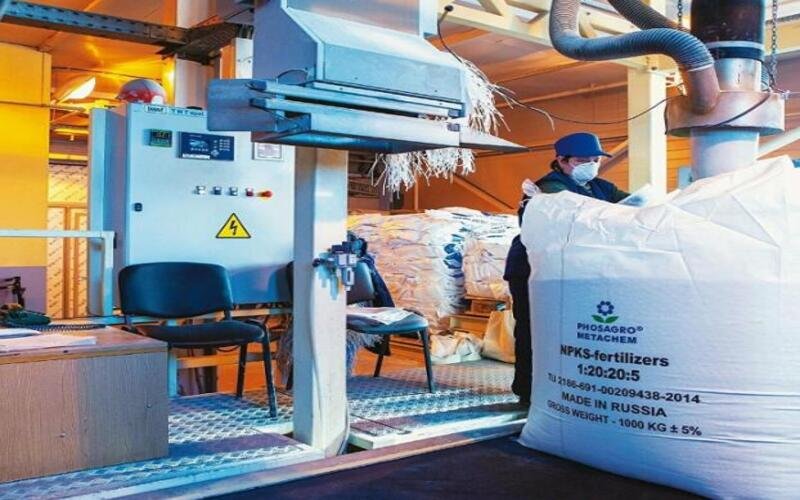According to three sources in the business, Russian firms have stopped giving India fertilizer at reduced rates, such as di-ammonium phosphate (DAP), because of restricting global supplies. This comes after Russian companies became the largest exporters to the nation in the previous year.
An increase in India’s import costs and the burden of subsidy payments might result from a decision by Russian enterprises in August to supply fertilizers at market pricing instead. This comes when prices worldwide are rising, and a major supplier, China, is working to reduce its exports.
“There are no discounts,” said a senior industry executive stationed in New Delhi who was engaged in the discussions with global suppliers.
“Russian companies are offering fertilizers at the market prices,” the official said, refusing to be identified owing to the topic’s sensitivity. “As a result of suppliers providing discounts to the price of DAP, urea, and NPK fertilizers on the global market, India’s fertilizer imports from Russia increased by 246% to a record 4.35 million metric tons during the 2022/23 financial year, which concluded on March 31.
Russia’s aggressive marketing in India the year before has caused other fertilizer exporters, such as China, Egypt, Jordan, and the United Arab Emirates, to lose some of their market share in India.
“Russian companies were offering DAP at price reductions of up to $80 per ton,” the article said. However, right now, they are not providing any discounts, not even $5,” one more executive from an Indian firm said.
According to a Russian industry representative, the current pricing of Russian DAP is roughly $570 per ton on a cost and freight (CFR) basis for Indian clients.
This price is the same price that is provided to other Asian buyers. An executive from a Mumbai-based fertilizer business said that the spike in global fertilizer costs over the last two months has made it difficult for Indian companies to build up their stockpiles in preparation for the next winter season, during which there is expected to be an increase in demand for DAP to meet the needs of the wheat crop.
According to what he claimed, worldwide suppliers supplied urea at roughly $300 per ton on a CFR basis in July, but they now charge $400 per ton. According to him, DAP per ton was around $440 in July.
“Just a few days before some of the most important state elections in India, the costs of global fertilizers are climbing. “The government is left with no other option but to raise subsidies to protect farmers,” the executive from the firm located in Mumbai continued.






































Comment Template